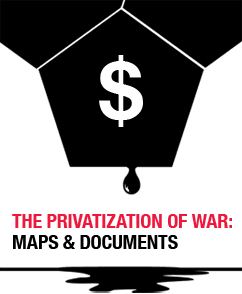Is democracy working?

The term democracy is generally used as a synonym for liberal democracy, which is far from being the only possible form of democracy; indeed, it is even questionable whether liberal democracy was ever intended to be truly democratic. For centuries, liberals and democrats have been fierce opponents. Liberals only accepted democracy when it was limited to the political sphere, excluding it from the economic and social sphere. Liberal democracy became the new form of governance of the emerging production model (industrial capitalism). Stanley Moore wrote that, ‘when exploitation takes the form of exchange, dictatorship tends to take the form of democracy.’
A common misconception is that the liberties and civil rights we enjoy today are due to liberal democracy. The truth is that liberties and rights are not at all an inherent part of liberal democracy. In fact, they were won in long, hard struggles going back to the nineteenth century or earlier, and they only took effect after the enforcement of the new model of production. As soon as ‘rights’ or ‘liberties’ were won by people of colour, women, workers, the poor etc. – from the right to an eight-hour workday or education to the right of not being discriminated against – liberal democracies immediately started to undermine them.
When people start to take democracy too seriously, and the powerful are unable to maintain their political and social hegemony anymore, liberal democracy responds with fierce repression, not excluding military action against civilians. This has occurred both in the supposed core countries of liberal democracy – such as in France in 1968, in Italy in the 1970s, or in the US with COINTELPRO – and in ‘liberal democracies’ in the periphery; for instance, Colombia has had a series of narco-governments that actively supported paramilitaries who killed 240,000 people in the space of three decades. When coercion and fraud are not sufficient for preventing systemic change, liberal democracies organise and legitimate coups, such as the ones in Brazil, Paraguay and Honduras. When it better serves their geopolitical interests, liberal democracies favour fascists, religious nationalists or ISIL over democratic structures, such as in Afrin, Kurdistan, currently under attack by Turkey.
Nevertheless, as Marx pointed out, the idea of democracy is a constant threat to the rule of the bourgeoisie, since it can be used by critics of the existing order against the ruling elites. This is the reason why, especially in times of crisis such as the one we are witnessing now in Greece, Spain, Turkey, the US, Argentina or Brazil, the bourgeoisie tends toward the enforcement of authoritarian rule and the suspension of civil and democratic liberties and rights.
Contributors are: Jeremy Gilbert, Renske Doorenspleet, Raul Zibechi, Marianne Maeckelbergh, Henry Giroux, Umut Bozkurt, Christian Fuchs, Tim Jordan, Gerald Sussman, Emma Crewe, Arang Keshavarzian, Marina Sitrin, James Martel, Dario Azzellini, Stephen Zunes, and Paulina Tambakaki.
Related Links:























